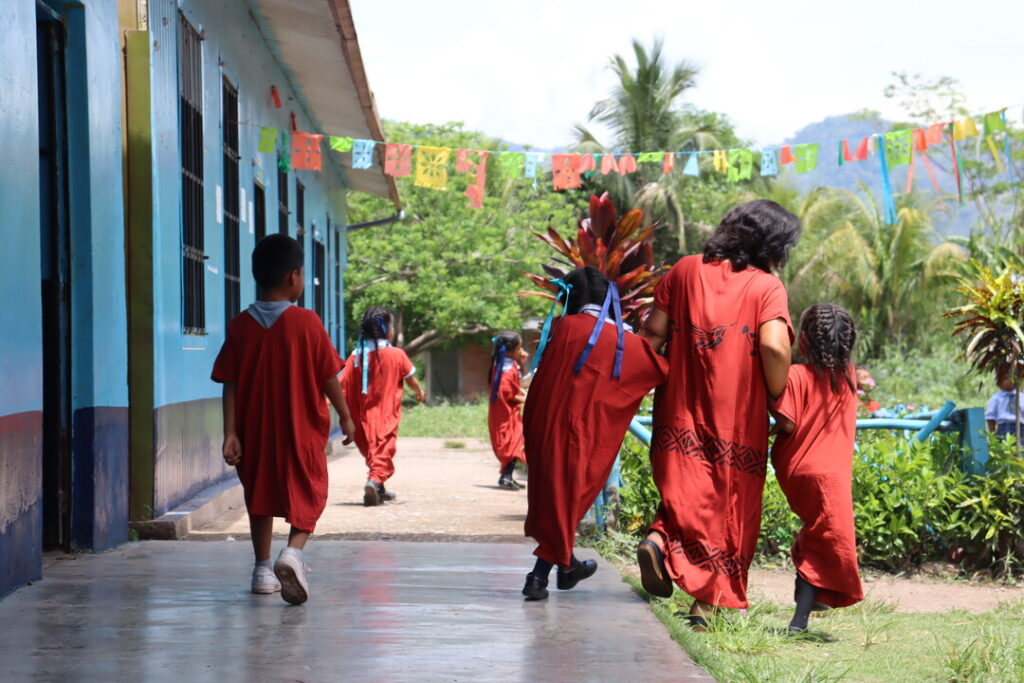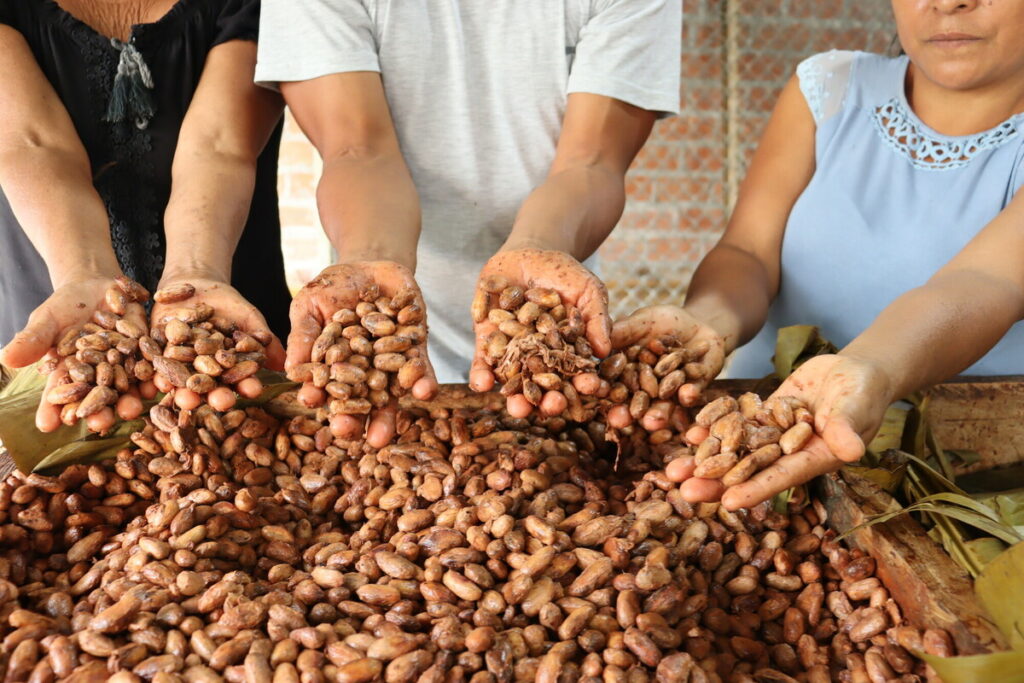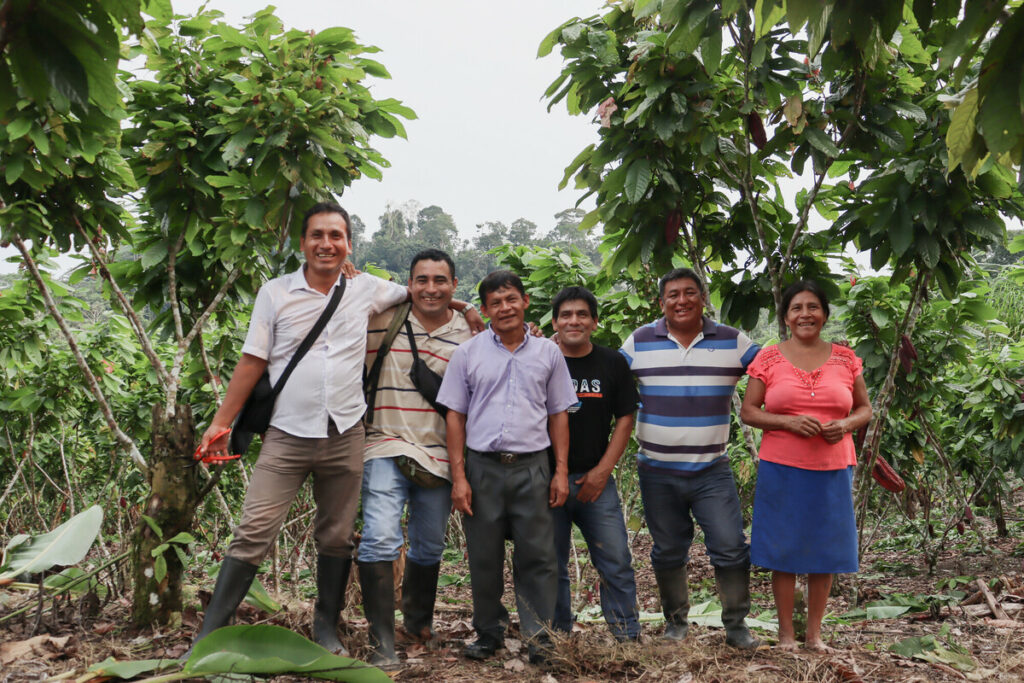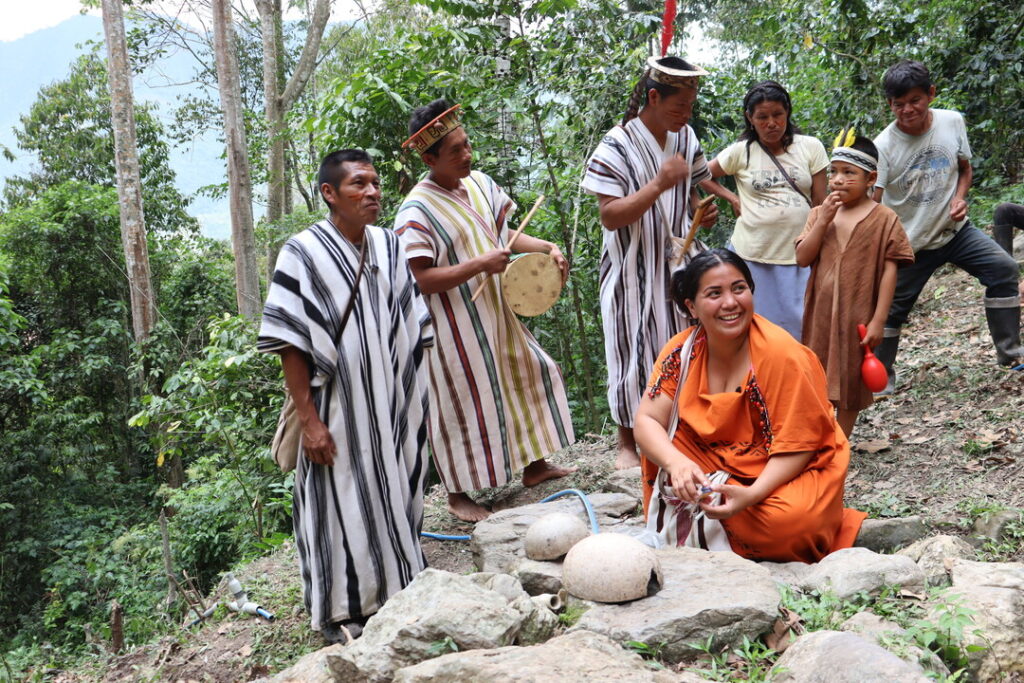We support thousands of people in the rainforest through unconditional cash transfers.
Unconditional cash transfers are direct payments we send to people living in the rainforest so they can purchase what they see as most essential for their community. The payments are sent frequently, and there’s no catch or requirements on how the cash is spent.
We do this in two ways. The first way is by transferring unconditional cash to rainforest communities in the Amazon, the Congo and New Guinea forest. The whole community comes together to decide how to invest the funds. The second way is a more direct approach where we send money directly to individuals in the Amazon rainforest as part of our Basic Income pilot.
In a challenging place like the rainforest, only the people who live there know what’s best for them. We respect and trust their ability to decide how best to spend the cash based on the unique circumstances they face living in the rainforest.







